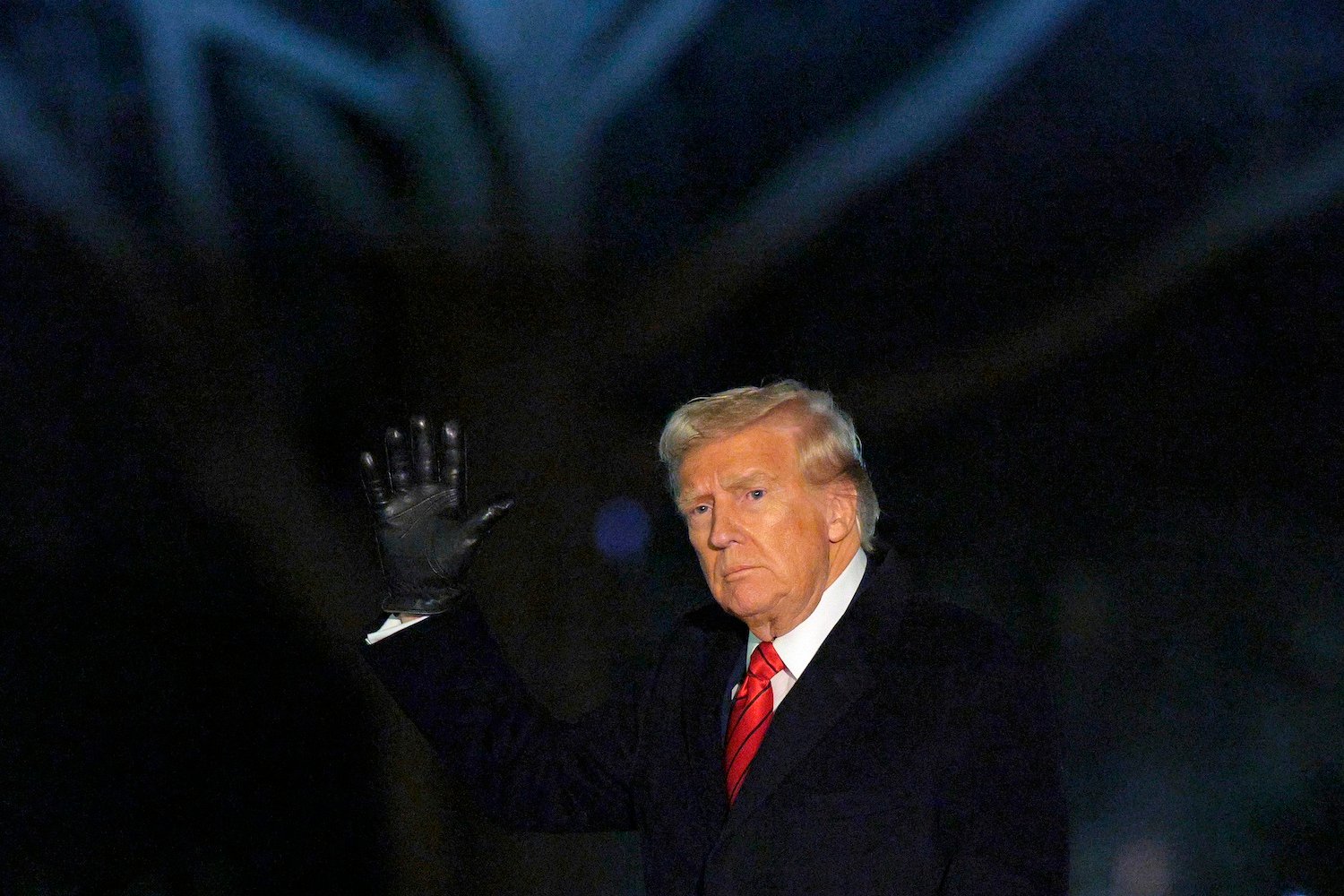A bipartisan House committee on Wednesday recommended placing restrictions on the export of AI models to China after concluding that DeepSeek trained its low-cost models using data from OpenAI’s ChatGPT. It also suggested imposing prohibitions on federal agencies procuring AI models from China, which does not seem like something that was going to happen anyway.
The House Select Committee on China concluded that DeepSeek poses a “profound threat” to U.S. national security by collecting user data on Americans and sending it back to China. Lawmakers claim that DeepSeek’s founder, Liang Wenfeng, controls DeepSeek as well as a hedge fund called High-Flyer Quant with ties to state-linked research labs.
The new report comes a day after the Trump administration placed restrictions on the export of chips including Nvidia’s H20 to China, a potentially major blow for the company that has made billions selling throttled, but still capable, chips for AI processing into the Chinese market. It was previously thought that the administration would continue allowing the free flow of lower end chips in the country after CEO Jensen Huang made a pilgrimage to Mar-a-Lago, but it seems President Trump committed a rug-pull as licenses will now be required. Critics suggest that the move is ill-considered, as Nvidia was able to make billions while selling Chinese companies processors that were less capable than those available to the Western world. By curtailing access to these lower-end chips, China will be motivated to build its own, faster chips, and Nvidia will lose out on money that could keep America ahead. The Trump administration seems to disagree and wants to investigate whether Nvidia is providing more tech to Chinese customers than it has disclosed.
OpenAI and its largest backer Microsoft were quick to cry foul following R1’s launch, alleging it was trained using a distillation technique that involves studying the outputs of another model, including its reasoning steps, to quickly get up to speed. The irony should not be lost on anyone that a company infamous for taking content from across the web without permission has now attacked a competitor for doing the same to it. There is no violin small enough for OpenAI.
What is more, this new House committee report seeking to curb DeepSeek was influenced by none other than OpenAI, Bloomberg reports:
In its report, which cited testimony from OpenAI, the committee claimed that DeepSeek likely used “unlawful” distillation techniques, whereby one AI model uses the outputs of another for training purposes to develop similar capabilities.
OpenAI told the panel that DeepSeek employees “circumvented guardrails” to extract reasoning outputs and accelerate development at a lower cost and claimed the Chinese startup used its models “to grade model responses and filter and transform training data.” The ChatGPT-maker also said it believed “DeepSeek likely also used leading open-source AI models to create high-quality synthetic data.”
R1 is an open-source model, meaning it can be hosted locally on U.S. servers and its code can be studied and modified. American companies including Microsoft itself as well as Meta and Perplexity are already hosting the model on their cloud platforms. It is true that consumers visiting chat.deepseek.com will be interfacing with a China-based instance of the chatbot model, but the model itself is not inherently nefarious.
If previous examples of America restricting high-tech exports to China are any indicator, further curtailing AI from entering the country might not do much to slow the country down and may actually help them. Existing restrictions on the export of cutting-edge chips forced companies like DeepSeek to make highly efficient models on lower-end processors. When Huawei was cut off from working with Western semiconductor manufacturers, it only accelerated plans by that company to make its own chipsets.
The U.S. government fears that China will employ AI in order to advance its geopolitical goals, which is a fair concern. Model developers control what types of content they will discuss and China’s Communist Party could use the training step to influence a model’s viewpoints in its favor. It seems unlikely that AI development in China can be stopped at this point, however.
The Trump administration is also continuing with its work to make TikTok’s U.S. business independent from its Chinese owner, but reports suggest that the government there will not discuss the possibility until tariffs are lifted.




